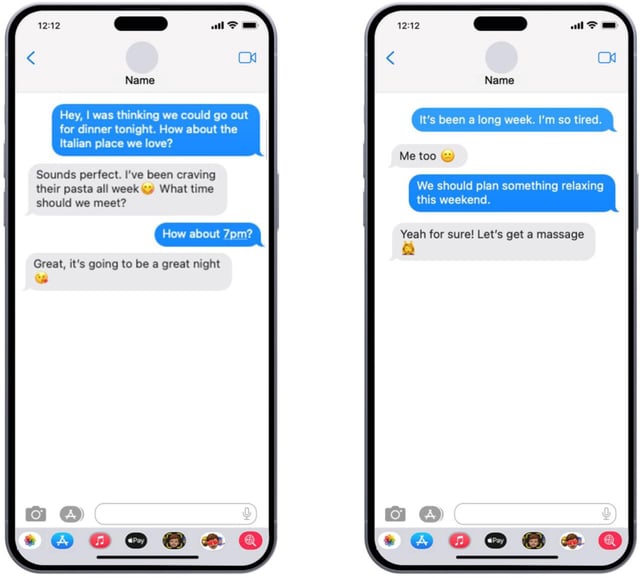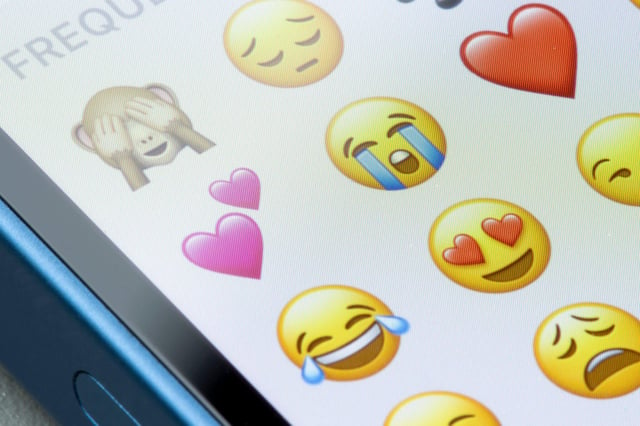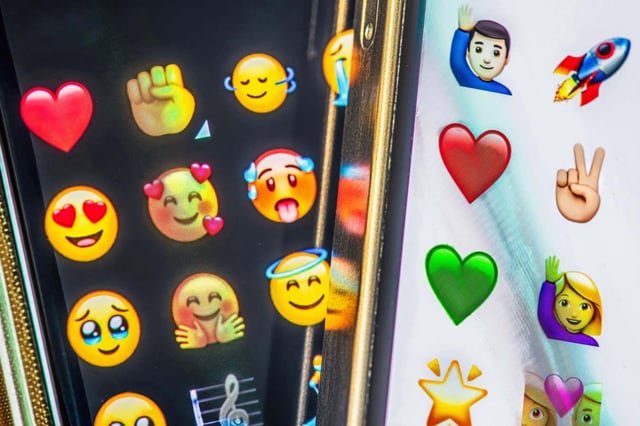Overview
- Researchers at the University of Texas at Austin recruited 260 adults aged 23 to 67 to read 15 randomized text exchanges, half containing emojis and half without.
- Participants rated messages with emojis as more responsive, reporting higher feelings of closeness and satisfaction than messages using text alone.
- Surprisingly, the study found no difference in impact between face-based and non-face emojis, suggesting any emoji use signals attentiveness.
- Investigators describe emojis as digital cues of emotional engagement that can bridge the gap of nonverbal feedback in written communication.
- Experts warn that emoji meanings shift across age and cultural backgrounds and caution that focusing on a single partner in imagined exchanges may not capture full relationship dynamics.



